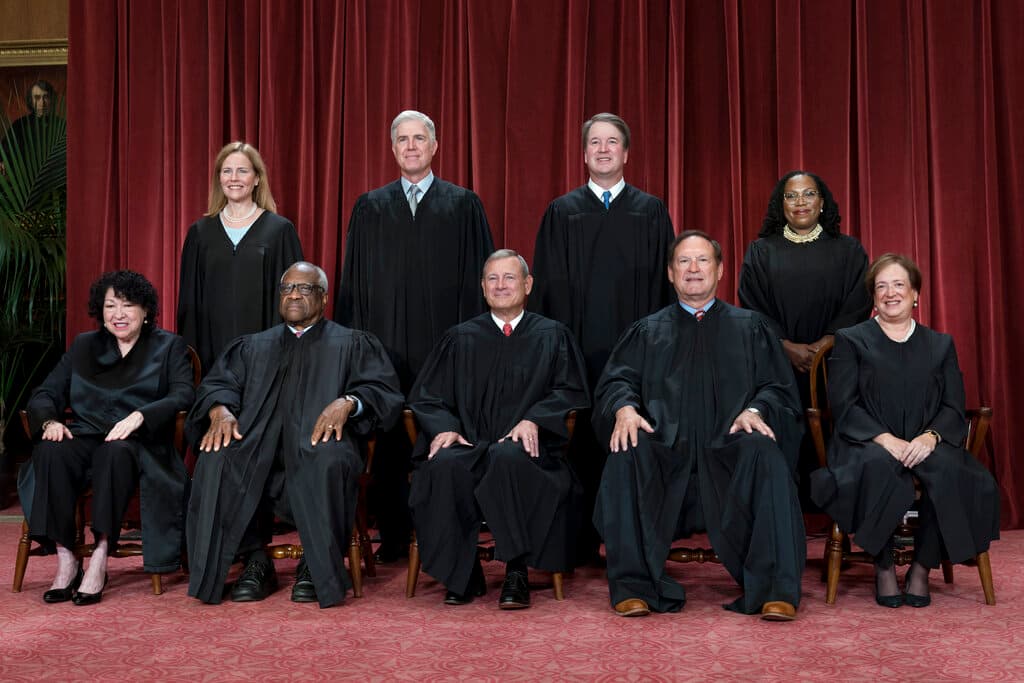How Is the Supreme Court Going To Get Out of the Corner Into Which It Painted Itself in Respect of Abortion?
Will they turn to logic, experience, or politics?

If there is no constitutional right to abortion — as the Supreme Court held in reversing Roe v. Wade — then it follows that states are free to ban all abortion pills, regardless of the timing or circumstances of the pregnancy.
Please check your email.
A verification code has been sent to
Didn't get a code? Click to resend.
To continue reading, please select:
Enter your email to read for FREE
Get 1 FREE article
Join the Sun for a PENNY A DAY
$0.01/day for 60 days
Cancel anytime
100% ad free experience
Unlimited article and commenting access
Full annual dues ($120) billed after 60 days

